Many a youngster would tell a white lie when trying to enlist in the armed forces, early in the 20th century. It is referred to as "putting your age on", in other words, saying you're older than you are.
I found a good example in a Lewis soldier, James Macleod, who was born in Callanish as an illegitimate child. In February 1912, he enlisted with the Argyll & Sutherland Highlanders, and told the recruiting officer he was 17 years and 2 months. As James was born on 24 January 1897, he was in fact not much older than 15 years and 2 weeks. His height was 5 feet 3½ inches and only weighed 120 lbs, 54 kg.
Six years after joining the Argylls, James was killed in action near Ypres on 8 May 1918. His body was never recovered, but his name is inscribed on the Tyne Cot memorial at Zonnebeke, 6 miles northeast of Ypres. A few days ago, I saw aerial footage from 1919 of the battlefields around Ypres, and of the village of Passchendaele, which was all but obliterated. After the Germans were pushed back from Ypres in 1917, they tried to regain their lost territory in 1918, but finally failed in September of that year.
This week, the Ancestry.co.uk website is offering free access to British army service records, which is how I managed to fill the gaps for James Macleod. His mother, Isabella, had moved to Stornoway by the time of the death of her son. When she gave birth, her occupation was marked as Domestic Servant. A few months after James had fallen, she wrote to the (Army) Records Office in Perth. I reproduce the text of the letter. Part of it is illegible due to a hole in the paper, as shown in the scan.
"Mrs Bella McLeod
8 Mackenzie Street
Stornoway
16/8/1918
To Records Officer, Office Perth
Dear Sir,
Would you [...] me (his mother) of the late (killed in action (L/Cpl James Mcleod) 2 Bn Arg + Suth Hghns [Argyll & Sutherland Highlanders] Regt No S/43023 has any of his belongings come to hand. As far as I know, he had a wrist watch, Signet Ring, Pocket Folding mirror, Pocket Book or Wallet containing photos etc also a pocket knive [sic]. It would greatly oblige me if you could let me know at the earliest & how to claim same.
I remain
Yours V. Truly
Mrs B. Mcleod"
The records do not relate whether the items, if any, were returned to Bella. She received a claims form, which was sent back to Perth, but that is were the records for James Macleod end.
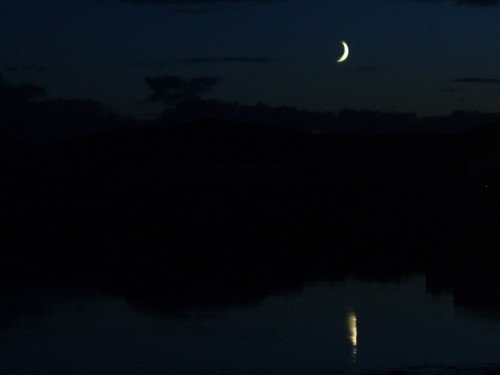

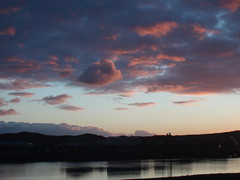

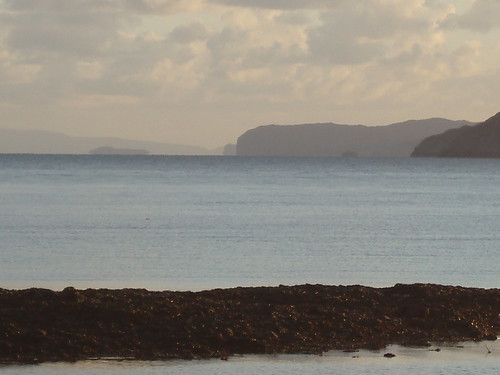
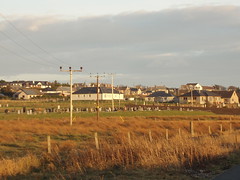
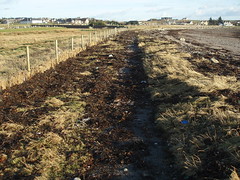
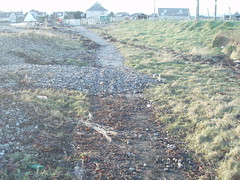










 9 November 1938 - an organised mob of Nazi forces and sympathisers go on the rampage in towns and cities across Germany, smashing and destroying Jewish-owned property and businesses. It was to be a marker, to what was to come during World War II - the extermination of anyone deemed sub-human by the warped mind of Adolf Hitler and his henchmen. Jews topped their league of the unfit, closely followed by gypsies, the mentally ill and many many others. The Reichskristallnacht was a night of infamy, and not just to Germany.
9 November 1938 - an organised mob of Nazi forces and sympathisers go on the rampage in towns and cities across Germany, smashing and destroying Jewish-owned property and businesses. It was to be a marker, to what was to come during World War II - the extermination of anyone deemed sub-human by the warped mind of Adolf Hitler and his henchmen. Jews topped their league of the unfit, closely followed by gypsies, the mentally ill and many many others. The Reichskristallnacht was a night of infamy, and not just to Germany.